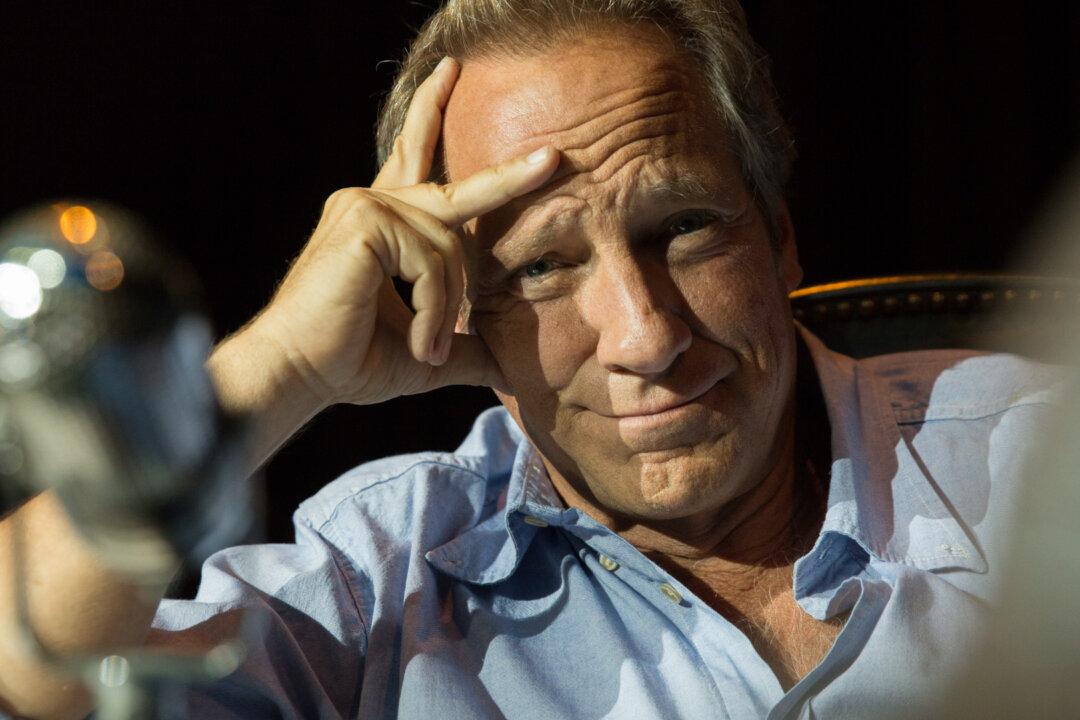
Mike Rowe's "The Way I Heard It" podcast is the top short-form podcast in America, and now he's turning it into a book. Mike Rowe
Mike Rowe has spent his career telling other people’s stories, and he hadn’t planned to tell his own—at least not so soon.
So when he was asked to write a memoir, he said, “No, I really don’t want to write a memoir. I haven’t done enough. I’m not old enough.”






